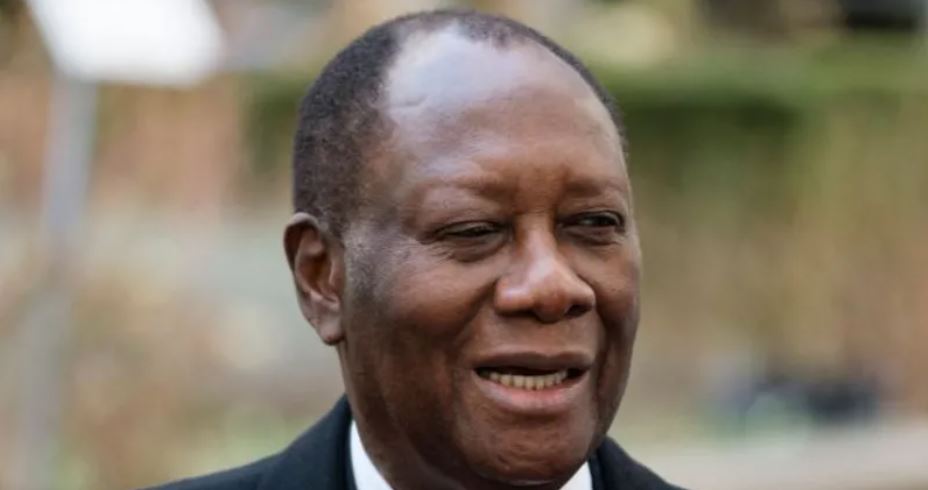Ivory Coast President Alassane Ouattara, 83, has declared his intention to seek a fourth term in the upcoming October elections, a move that has sparked widespread criticism and revived fears of political unrest in the West African nation.
In a statement released on Tuesday, Ouattara dismissed concerns over his age and health, stating that his decision was motivated by a desire to “preserve national stability amid ongoing security and economic challenges.” He also reiterated his long-standing claim that the country’s 2016 constitution reset presidential term limits, allowing him to run again despite already serving three terms.
Ouattara is expected to be the frontrunner in the polls, especially since several prominent opposition figures have been disqualified from the race. These include former President Laurent Gbagbo, ex-Prime Minister Guillaume Soro, and former minister and banker Tidjane Thiam.
Thiam, along with other opposition leaders, swiftly condemned Ouattara’s announcement, calling it a violation of the Ivorian constitution and a threat to the nation’s democratic integrity. “Today’s announcement by Mr Ouattara constitutes a violation of our Constitution and a new attack on democracy,” Thiam said in a statement. “The Ivorian people will continue to make their voices heard.”
Authorities further escalated tensions by banning a peaceful protest planned for August 7 by opposition groups. The protest was aimed at demanding the reinstatement of excluded candidates and calling for an independent audit of the voter register.
Ouattara is banking on his economic track record, having overseen over 6% annual growth for four consecutive years. However, the country remains plagued by political disillusionment and deepening mistrust of its institutions.
The current atmosphere evokes memories of the deadly 2010–2011 post-election conflict, which claimed more than 3,000 lives, as well as the violent unrest surrounding Ouattara’s contested third-term bid in 2020.
More than 8.7 million Ivorians have registered to vote. Civil society and religious leaders, including the Catholic Bishops’ Conference, have voiced concern over rising political polarization, urging authorities to safeguard peace and democratic integrity ahead of the crucial vote.

